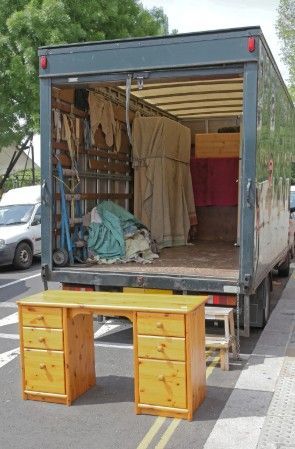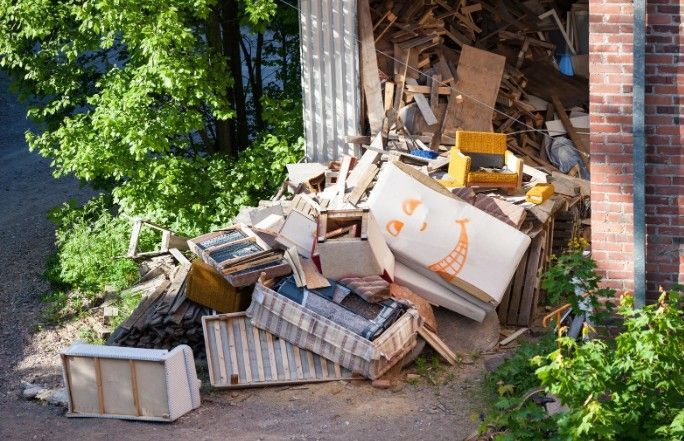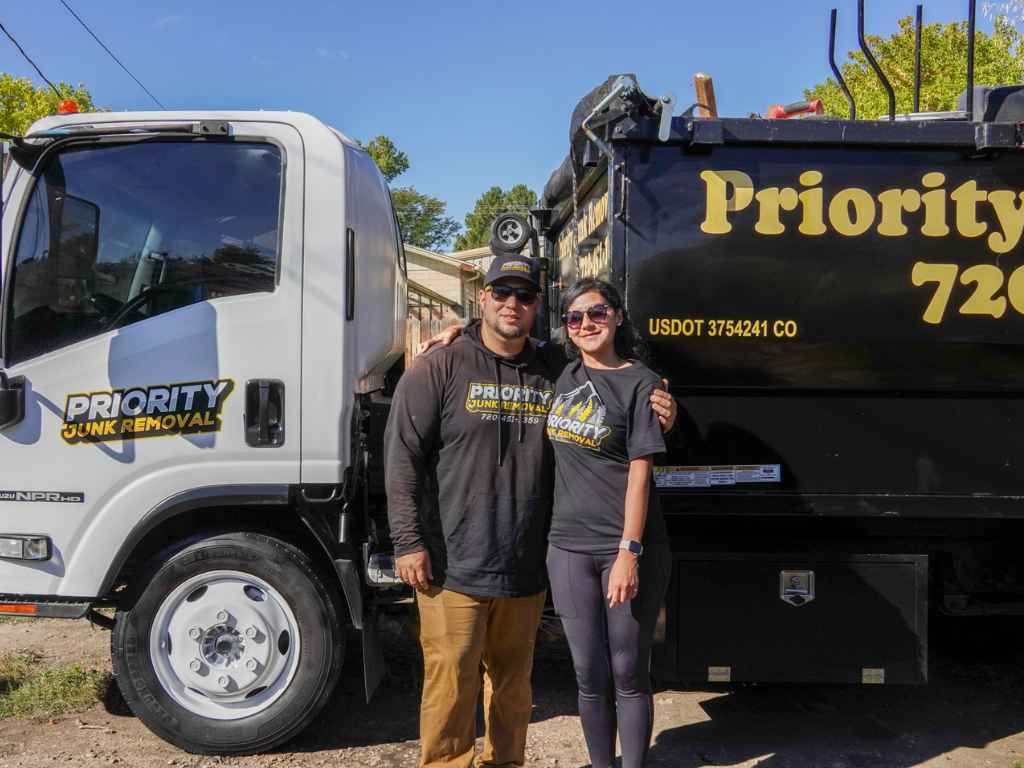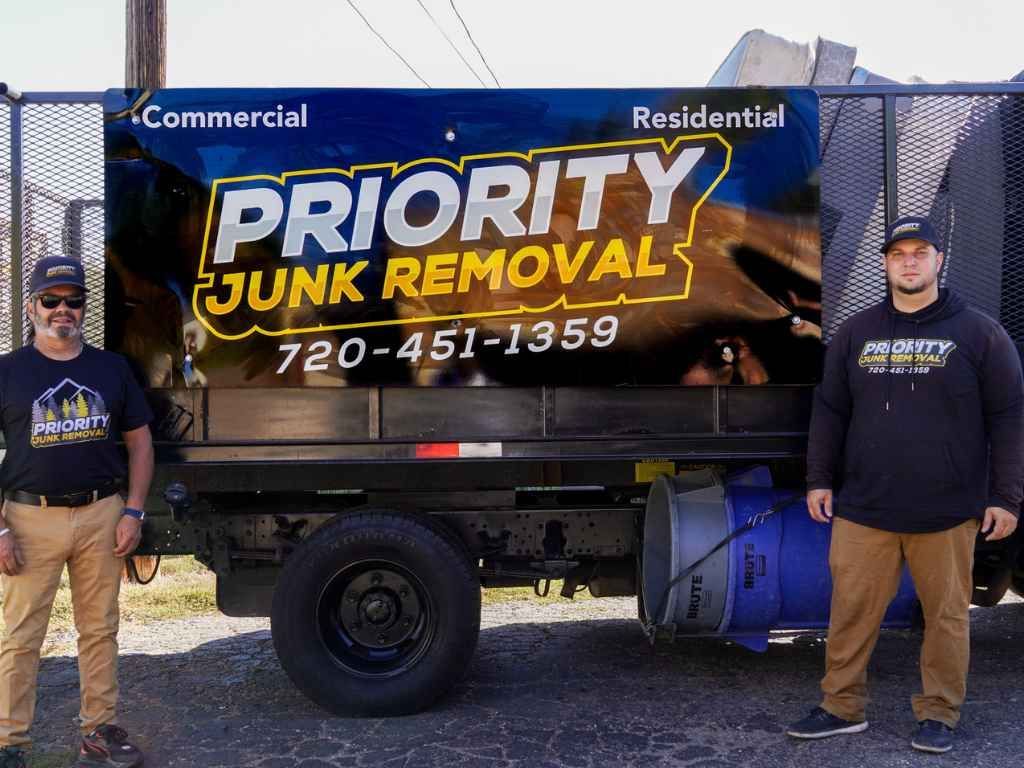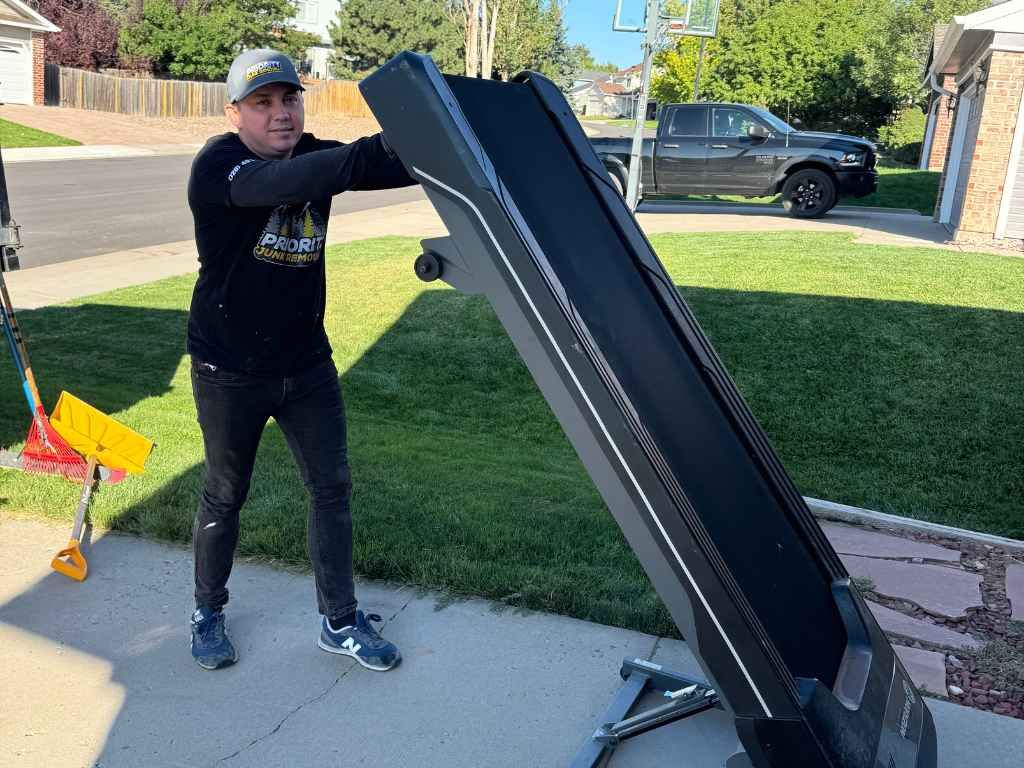What Happens to Your Debris After Demolition Cleanup?
After a demolition project, the real work begins. All that debris—broken concrete, twisted metal, shattered glass—needs to go somewhere. But where does it actually end up? It’s easy to think that once the debris is loaded onto a truck and driven away, it just disappears. That’s far from the truth. The journey your demolition debris takes after cleanup is more complex and important than you might realize.
Responsible waste management ensures that materials are disposed of properly, often involving recycling, repurposing, or environmentally safe disposal. This process helps reduce landfill waste, conserves natural resources, and minimizes environmental impact. Understanding how demolition debris is handled can give you peace of mind, knowing that your project isn’t contributing to environmental harm.
What We Offer
Full-Service Demolition Cleanup
Our team handles everything from start to finish, ensuring no detail is overlooked. Once the demolition dust settles, we step in to clear away the mess quickly and efficiently. Heavy concrete chunks, twisted rebar, shattered glass—nothing is left behind. We bring in the right equipment and expertise to leave your site spotless and ready for the next phase of construction. Whether it’s a small renovation or a large-scale teardown, we’ve got the experience and manpower to handle it all.
Eco-Friendly Disposal
We don’t just haul debris away—we make sure it’s handled responsibly. Our team carefully separates materials on-site and sends them to the appropriate recycling facilities. Concrete, metal, and wood are repurposed whenever possible, reducing landfill waste and supporting a sustainable future. We believe that responsible disposal isn’t just a goal; it’s a commitment to doing our part for the environment.
Fast Turnaround
Time is money, especially on a construction site. That’s why we work quickly and efficiently to clear debris without cutting corners. Our experienced crew knows how to handle large-scale cleanup projects, ensuring your site is ready for the next step as soon as possible. No delays, no excuses—just results. We understand that project timelines are tight, so we make sure to stay on schedule and minimize downtime.
Safe and Professional Service
Demolition debris can be dangerous. Sharp glass, jagged metal, and unstable piles of rubble require careful handling. Our trained professionals follow strict safety protocols, using proper equipment and techniques to ensure a safe cleanup process. We leave nothing to chance—your safety and ours are top priorities. Every team member is trained to identify and manage potential hazards, ensuring that the cleanup is done smoothly and without incident.
Competitive Pricing
Quality service doesn’t have to break the bank. We offer straightforward pricing with no hidden fees. Our team provides a detailed estimate upfront, so you know exactly what to expect. Affordable, professional service with no surprises—that’s how we do
business. We believe that top-tier demolition cleanup should be accessible to everyone, which is why we keep our rates competitive without sacrificing quality.
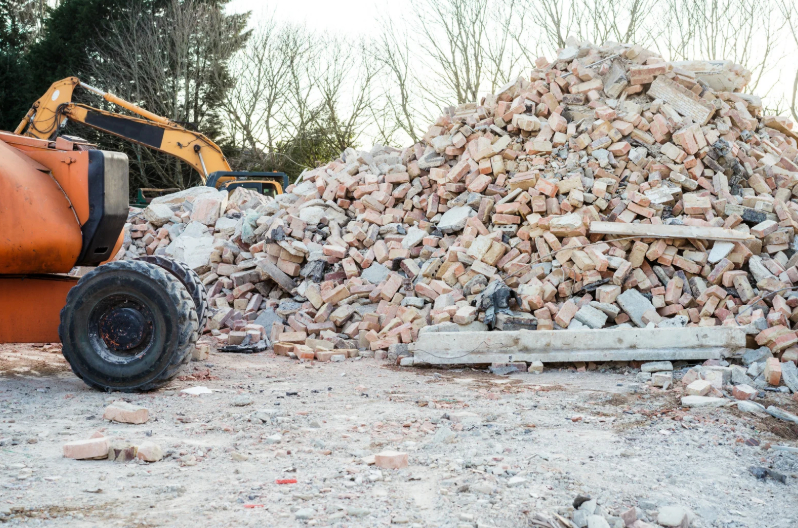
Reduced Environmental Impact
Recycling demolition debris plays a vital role in reducing landfill waste and conserving natural resources. When materials like concrete, metal, and wood are salvaged and repurposed, it decreases the need for extracting and processing new raw materials. Crushed concrete can be reused for roadbeds, metal can be melted and reshaped for new construction, and wood can become biofuel or mulch. This process significantly lowers the carbon footprint of your project while promoting a circular economy.
Increased Safety
A clutter-free worksite is essential for preventing accidents and injuries. Demolition sites often contain sharp glass, jagged metal, and heavy concrete, posing serious risks to workers and visitors. Professional cleanup services ensure that hazardous materials are properly handled and removed, creating a safer environment for everyone involved. Fewer trip hazards mean less chance of falls and injuries, while removing toxic substances prevents potential health issues.
Improved Project Efficiency
Quick and thorough debris removal keeps your project on track and running smoothly. A cluttered site slows down progress and creates obstacles for construction crews. By clearing out debris promptly, you create a clean and organized work environment that allows the next phase of construction to begin without delay. Professional cleanup crews work efficiently to remove heavy materials and hazardous waste, ensuring the site is ready for the next stage.
Cost Savings Through Recycling
Recycling demolition debris isn’t just good for the environment—it’s also good for your budget. Materials like concrete, metal, and wood can be salvaged and sold for scrap, creating a source of revenue that offsets disposal costs. Repurposed materials can be used in future construction projects, reducing the need to purchase new materials and lowering overall building costs.
Enhanced Property Appearance
A clean, debris-free site makes a strong impression and adds value to your property. After demolition, leftover debris can make the area look neglected and unprofessional. Removing concrete, metal, and wood creates a clean slate for future construction or landscaping. A well-maintained site reflects positively on your business, showing that you value professionalism and attention to detail.
Where Demolition Debris Goes After Cleanup
After demolition debris is hauled away, it enters a complex waste stream designed to maximize recycling and minimize environmental impact. Concrete and brick are typically transported to specialized recycling facilities, where they’re crushed and transformed into roadbeds or construction aggregate. Metal, including steel and copper, is separated and sent to smelting plants to be melted down and repurposed into new products.
Wood is often chipped for mulch, burned for bioenergy, or salvaged for reuse in construction. Even drywall, glass, and plastics are processed and reused, reducing the need for virgin materials and lowering overall production costs. This cycle of reuse helps minimize landfill waste and supports a circular economy, making the entire demolition process more sustainable and environmentally responsible.
How Recycling Demolition Debris Benefits the Environment
Recycling demolition debris plays a vital role in reducing environmental strain. Construction and demolition waste account for a large percentage of landfill material, which puts pressure on available space and contributes to pollution. By recycling materials like concrete, metal, and wood, we decrease landfill use and reduce the risk of harmful chemicals leaching into the soil and water supply.
Repurposing materials also reduces the need to extract and process new raw materials, which cuts down on energy consumption and greenhouse gas emissions. This approach helps conserve natural resources and creates a more sustainable construction industry. A cleaner environment, reduced carbon footprint, and less waste all stem from effective recycling efforts in demolition cleanup.
The Economic Impact of Responsible Demolition Cleanup
Recycling and repurposing demolition debris is not only environmentally responsible but also economically beneficial. Recycled materials often cost less than new raw materials, reducing overall construction expenses. For example, crushed concrete can be used as a cost-effective base material for roads and foundations. The recycling industry creates jobs and supports local economies by providing work in collection, processing, and manufacturing.
Additionally, valuable materials like scrap metal can be sold to manufacturing plants, creating a revenue stream that helps offset cleanup costs. Efficient waste management lowers disposal fees and reduces the financial burden of large-scale demolition projects, making it both a practical and profitable strategy.
Challenges in Demolition Debris Management
Managing demolition debris comes with its own set of challenges. Mixed materials such as concrete, metal, wood, and plastic must be carefully sorted to maximize recycling potential. Hazardous materials like asbestos, lead paint, and chemical-treated wood require specialized handling and disposal to meet safety regulations. Local waste disposal laws can vary, adding a layer of complexity to the cleanup process.
Professional cleanup teams are trained to identify and handle these challenges efficiently, ensuring that all materials are processed legally and safely. Proper management prevents environmental damage, reduces the risk of fines, and helps keep demolition projects on schedule, contributing to a smoother and more sustainable process.
The Role of Professional Cleanup Services
Professional demolition cleanup services play a crucial role in managing the complexities of post-demolition waste. Beyond simply hauling debris away, these teams assess the site, identify recyclable and hazardous materials, and develop a strategic plan for disposal. Experienced crews have the knowledge and equipment to separate materials effectively, ensuring that as much debris as possible is recycled or repurposed.
They also handle permits, comply with local regulations, and ensure that hazardous waste is managed properly. Their expertise reduces the risk of project delays, environmental issues, and unexpected costs. Professional services help make the cleanup process more efficient, safe, and environmentally responsible.
Why Responsible Demolition Cleanup Matters
Responsible demolition cleanup is essential for maintaining environmental health and supporting sustainable construction practices. Recycling and repurposing materials extend their lifespan, reducing the need for new raw material extraction and lowering production costs. This reduces pollution, conserves energy, and limits the environmental footprint of construction projects.
Proper cleanup also prevents debris from ending up in landfills, which helps preserve available landfill space and minimizes soil and water contamination. A well-managed cleanup sets the stage for future development, creating a cleaner and more sustainable environment. Ultimately, responsible demolition cleanup benefits both the planet and the construction industry.
Conclusion
Demolition cleanup is more than just hauling away debris—it’s about managing waste responsibly and supporting sustainable practices. When materials are recycled and repurposed, the environmental impact of demolition is reduced, and resources are conserved. Choosing a professional cleanup service ensures that the job is done efficiently, safely, and in compliance with local regulations. For expert demolition cleanup and eco-friendly waste management, contact Priority Junk Removal at 6091 South Spotswood Street, Littleton, Colorado 80120, United States. Call 720-451-1359 or email priorityjunkremoval@gmail.com to schedule your service today.

